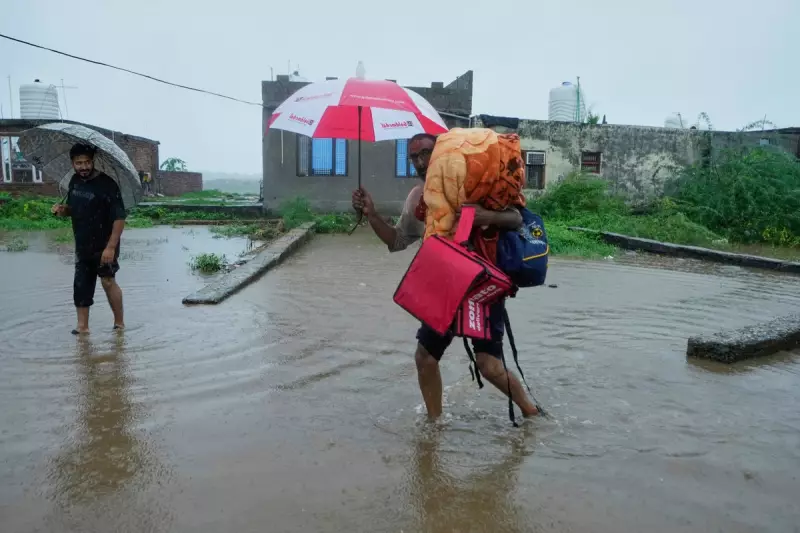
In a seismic shift that redraws the constitutional map of the region, the Indian government has executed a bold political manoeuvre by abolishing the long-standing special status of Jammu and Kashmir.
The announcement, delivered by Home Minister Amit Shah in parliament, effectively revokes Article 370 of the Indian constitution. This provision had granted the disputed territory significant autonomy for over seven decades, allowing it to have its own constitution, a separate flag, and independence over all matters except foreign affairs, defence, and communications.
Unprecedented Security Measures and Communications Blackout
The historic decision was preceded by a drastic security escalation within the region. Tens of thousands of additional Indian troops were deployed, major tourist and pilgrimage activities were abruptly cancelled, and schools were shut down.
Residents are now facing a near-total communications blackout, with internet, phone, and television networks suspended. Key regional political leaders, including former chief ministers Mehbooba Mufti and Omar Abdullah, have reportedly been placed under house arrest, severing their contact with the outside world.
A New Administrative Architecture
Beyond revoking Article 370, the government's plan involves a fundamental restructuring of the state's governance. The state of Jammu and Kashmir is to be bifurcated into two separate union territories:
- Jammu and Kashmir: This union territory will have its own legislature, but will be directly controlled by the central government in New Delhi.
- Ladakh: This strategically important, high-altitude desert region will become a separate union territory without a legislature.
International Repercussions and Pakistani Condemnation
The move has instantly ignited tensions with neighbouring Pakistan, which claims the Muslim-majority region in its entirety. A foreign ministry statement from Islamabad condemned the action as "illegal," labelling it a violation of UN resolutions on the region's status.
This development marks the most significant political intervention in Kashmir since the Indo-Pakistani war of 1971, fundamentally altering the landscape of one of the world's most protracted and dangerous geopolitical disputes.





